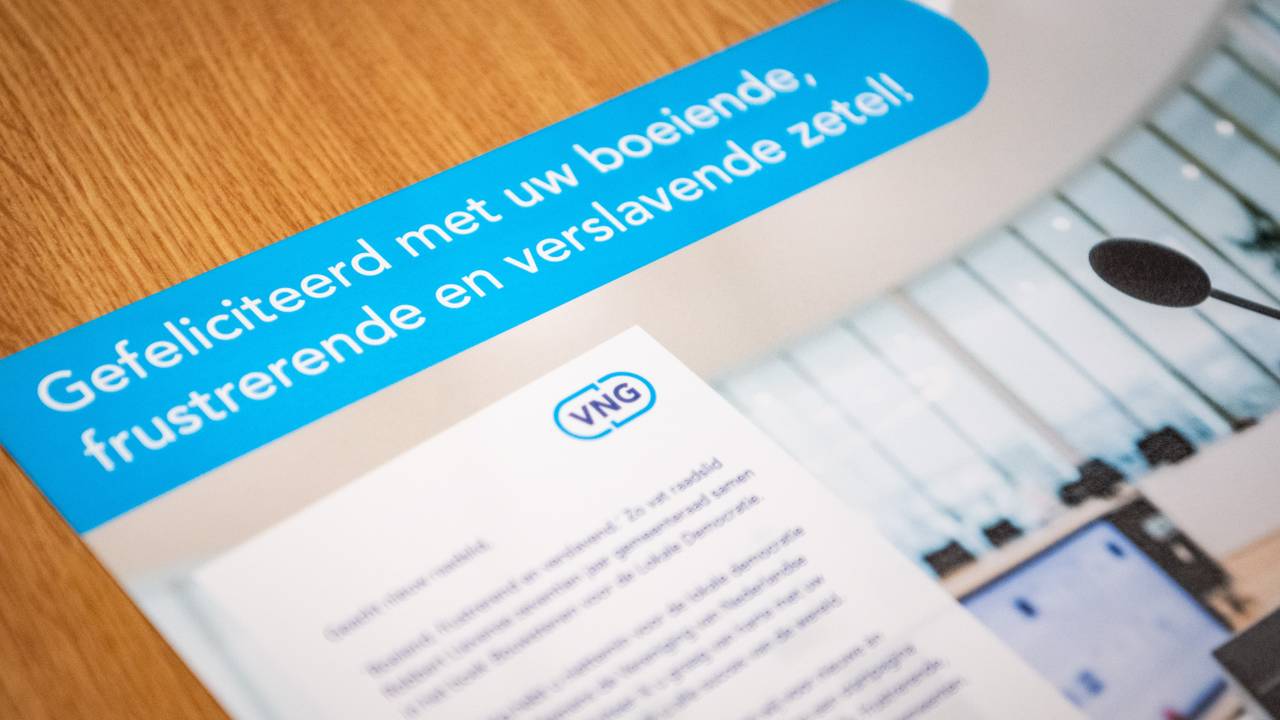– To adopt measures on oil means that one must reverse existing agreements, find new alternatives and prevent circumvention. It can not happen overnight and it will take several months, says an EU source.
EU President Charles Michel has asked member states to agree on sanctions against Russian oil and gas, as has European Commission President Ursula von der Leyen.
EU foreign ministers recently discussed the issue, and there was broad agreement that the EU should eventually impose sanctions, even though large parts of Europe are dependent on Russian energy imports.
Energy dependence
The EU recently adopted a ban on imports of Russian coal. It should be the first step away from dependence on energy imports from Russia. However, these sanctions will not take effect until August, but are estimated to inflict an annual loss of around NOK 70 billion on Russia.
However, Russia’s exports of oil and gas to Europe are far greater. The EU currently imports Russian oil and gas for between NOK 2.4 and 9.5 billion daily.
According to the International Energy Agency (IEA), about 45 percent of all gas imported by EU countries in 2021 came from Russia.
Latest news about the situation in Ukraine here
A quarter of oil imports also come from Russia, but these volumes have fallen over the past decade, according to the World Economic Forum.
Divided opinions
Whether the EU should introduce a total ban on imports of Russian oil and gas, there are divided opinions among member states about.
Germany is completely dependent on imports from Russia and does not want an import ban. Neither do Italy, Greece and Austria.
One option being discussed in the EU is to pay for Russian imports through a escrow account. In this way, the Russian authorities will only take care of the revenues when the war in Ukraine is over.
However, this could lead to Russia stopping supplies to Europe, instead selling more to Asia, as President Vladimir Putin recently suggested.
Ukrainian President Volodymyr Zelenskyj paid tribute to his own people in emotional speech recently:
Feared price increase
The EU and the US fear that the sanctions will strengthen Russia’s cooperation with China and India, and it is also feared that it will lead to even higher energy prices.
The United States introduced a ban on Russian oil and gas imports in March, but President Joe Biden fears Democrats will be severely punished in the upcoming by-election if US motorists have to pay even more for gasoline.
At the same time, the EU wants to preserve the cohesion between the member states, which can be difficult.
Irish Prime Minister Simon Coveney is among those who have called for a complete halt to oil and gas imports from Russia.
Also read: He has attached Russian media in an iron grip: – Kovaltsjuk is Russia’s real number two
– The EU spends hundreds of millions of euros daily on importing oil from Russia. It certainly helps fund this war, he said recently.
– No proposals are excluded, and this also applies to sanctions against oil and gas. But no decisions have been made yet, emphasizes EU Foreign Minister Josep Borrell.
No alternative
Russia blows off the threat of EU sanctions and claims that European countries have no alternative to imports from Russia.
– There is hardly any sensible alternative to energy from Russia. Given Russia’s market share, it becomes obvious that without Russian energy resources it is impossible to guarantee Europe’s energy security, says Russia’s Energy Minister Aleksandr Novak.
According to Novak, it will take between five and ten years before the EU can fully replace Russian oil and gas, as neither the US nor the OPEC countries have sufficient capacity to meet the needs of European countries.
– The fate of European industry and EU citizens is therefore dependent on EU leaders making rational decisions, Novak believes.
(©NTB)
–


